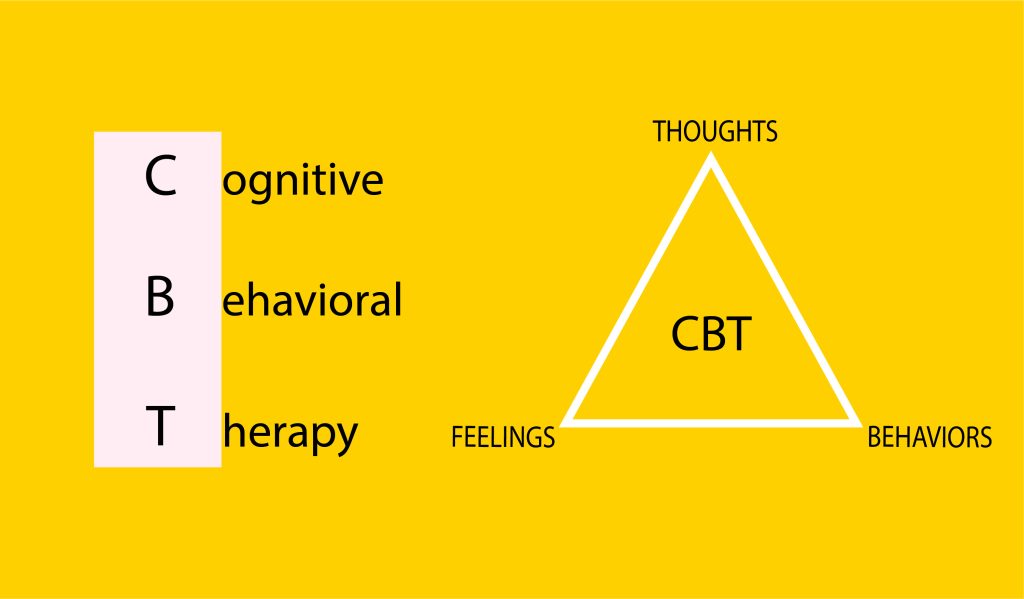DBT techniques for substance use disorders teach four skills to cope with emotional distress productively and positively. These four skills are also called the active ingredients. A standard DBT program can be broken down into five components, each serving a specific function:
1. DBT skills training: This practice is typically intended for people with Borderline Personality Disorder who have counseling sessions at least bi-weekly with a therapist in their community. People in this program will attend a weekly DBT Skills Training group that is encouraged by a skills therapist within a group resembling a class, and exercises are assigned that enable people to practice skills between sessions.
2. Mindfulness: This is the practice of being aware of and accepting of your thoughts, feelings, and sensations in the present moment, without classifying them as good or bad.
3. Distress tolerance: This is the ability to manage negative emotions or situations without inherently worsening them or resorting to unhealthy coping strategies.
4. Interpersonal effectiveness: Interpersonal effectiveness is the ability to healthily relate with others in a way that is respectful, assertive, and beneficial for both parties. This is the ability to manage and control your emotions so that they do not dictate your thoughts and actions. Individual psychotherapy is one-on-one sessions between a therapist and a patient that help the patient apply learned DBT skills to daily problems and situations. These sessions provide ample opportunities for the team to set individual goals and are normally held every week for 60 to 90 minutes.
In-the-moment counseling through telephone sessions, online chats, and other real-life counseling to provide in-the-moment support. The focus here is on generalizing skills and making sure they’re applied to their patient’s daily life. Case management techniques authorize the person to take control of their care and lives. The therapist applies the skills learned to teach their patient how to be their case manager and how to be autonomous.
The DBT consultation team’s primary task is supporting the people who provide DBT, including skills therapists, therapists, case managers, and others. This consultation team helps therapists and counselors stay motivated and competent, enabling them to provide the best possible treatment.



